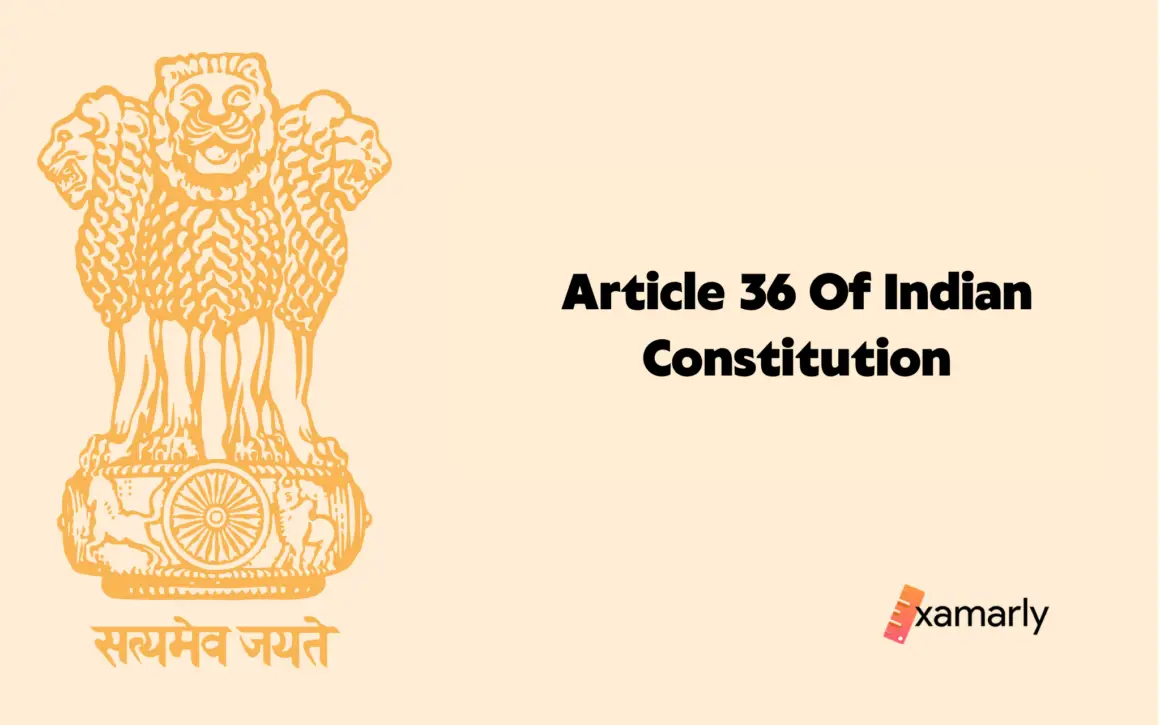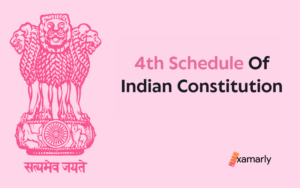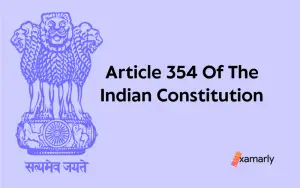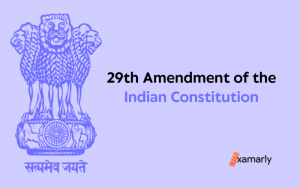Article 36 of the Indian constitution is one of the first principles of the DIRECTIVE PRINCIPLES OF STATE POLICY. Let us know what this article meant to India and its citizens.
Background Of The Article 36 Of The Indian Constitution
In the Draft constitution Article 36 was included in article 28. Article 28 of the Draft Constitution opened the path to the Directive Principles of State Policy. On 19th November, 1948, this article was discussed in the parliament. A member of the constituent assembly suggested that the term Directive should be reverted back to the initial term, “fundamental” as in the phrase ” fundamental principles of governance”. However the other motion to this argument was taken up by the other members who were of the opinion that fundamental should be replaced by the term directive so that Part III and part IV of the constitution get their individual characteristic status.
Another motion proposed to change ‘the state’ with ‘state’ in the provisions of this article. However a Drafting Committee member opposed it. He also argued that there was no exclusivity of sense and meaning of the term ‘state’ as used in the Draft Constitution. He also pointed out that the term ‘the state’ as used in Part III was the most appropriate for Part IV as well. In that context, “the State” would be an umbrella term for panchayats, district and local boards, that came under ‘the state’ in fundamental rights were the relevant institutions for the implementation of Directive Principles. Article 12 had already defined the State in relation with the implementation of Fundamental rights.
As Goes The Quote Of Article 36 Of The Indian Constitution
Article 36 of the Indian Constitution is stated as follows:
“Definition In this Part, unless the context otherwise requires, the “State” has the same meaning as in Part III”
Read Also – Directive Principle of State Policy
Salient Features of the Article 36 Of The Indian Constitution
- It is the first Directive Principle Of State Policy. The Directive Principles of state policy are different from Fundamental rights, which form Part III of the Indian Constitution.
- These principles of policy are not backed up with suitable legislation and thus are different from the Fundamental Rights which stand justiciable before any court of law.
- The constitutional provisions of DPSPs are the principles and values for our democratic development and for the overall healthy development of economic life. Thus, the Indian Government are expected to abide by them to form public policies that create balance between people and improve the prevailing standard of life.
- These are a set of Constitutional obligation that the executive, the legislature, the judiciary and the citizens should abide by for the improvement of environment on amacro level. So the DPSPs can be aptly dubbed as fundamental duties for effective democratic control to be fulfilled by the state governments, central government and Indian citizens.
- The definition of the State becomes the most important factor before beginning the discussion on principles of policy. Article 36 does not contain the proper definition in article; it rather refers back to article 12 of the Indian Constitution which marks the beginning of the Fundamental rights part. The definition of the state becomes crucial under the ambit of articles of both part III and part IV of the Constitution.
- Article 12 defines the state as containing
- The Union Government,
- The Parliament,
- The State Governments,
- The Legislatures of the states, Legislative Council and Legislative Assembly of the state
- Local Authorities: Municipalities, Panchayats district Boards and Local Trusts
- Other Authorities, that is Representative Governments and Statutory bodies
- Other bodies and authorities within the territory of India or under the control of the Indian Government
You Might Also Like – Article 37 Of The Indian Constitution
Summing Up
The DPSPs are on a par with the Fundamental rights though not legally enforceable. the State definition, integral to both part III and part IV of the constitution, remains unchanged. The voluntary formation of the section of DPSPs in the Constitution in addition to the Fundamental rights mark the importance of the former. on the surface, the principles of policy can seem as moral statutes but time and again during amendments or the proceedings of the judiciary, these principles came in handy to determine the extent and scope of the judiciary. In Indian Constitution, the judiciary is not made a part of any of the stratum of Government and its position with related to governance is not defined in the Constitution in the same way as the Parliament or the State Governments are defined. In case a conflict of interest arose, to limit the scope and extent of the applicability of the Fundamental Rights, and to redefine the judiciary along the moral standards, DPSPs play a great role.






